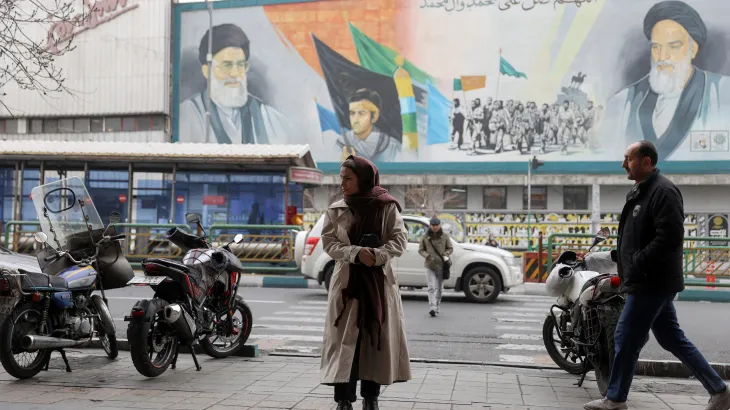





















.webp&w=256&q=75)



Loading banners


NEWS EXPRESS is Nigeria’s leading online newspaper. Published by Africa’s international award-winning journalist, Mr. Isaac Umunna, NEWS EXPRESS is Nigeria’s first truly professional online daily newspaper. It is published from Lagos, Nigeria’s economic and media hub, and has a provision for occasional special print editions. Thanks to our vast network of sources and dedicated team of professional journalists and contributors spread across Nigeria and overseas, NEWS EXPRESS has become synonymous with newsbreaks and exclusive stories from around the world.
The Deputy Governor of Central Bank of Nigeria (CBN) in charge of Financial System Stability, Dr. Kingsley Chiedu Moghalu, will today in the United States speak on the theme “Africa as the Last Frontier: Why It Matters in the Global Economy”, which is the central thesis of his most recent book. According to the Woodrow Wilson International Centre for Scholars where he will be keynote speaker, Moghalu is expected to “share his experiences and thoughts on how the region (Africa), which had previously been largely ignored, can become a key player in international economic affairs.”
Given the lack of premium we place on scholarship in our country, it is no surprise that Moghalu’s first opportunity to discuss his highly-revealing book, “Emerging Africa: How the Global Economy’s ‘Last Frontier’ Can Prosper and Matter” (publicly presented on June 8 this year to mark his 50th birthday), would come from the United States. Yet it is an interesting book I will strongly recommend for those who seek a better understanding of how our continent has consistently failed to realise its economic potentials.
Having spent 17 years at the United Nations, most of it at duty posts in the United States, Cambodia, Croatia, Tanzania, Switzerland etc. and with a Masters from Fletcher School of Law and Diplomacy at Tuft University and a doctorate from the London School of Economic, Moghalu knows his turf. Yet even when he may not have pulled his punches with regards to the challenge of development and associated problems in Africa, he is nonetheless positive in both his outlook and projections: For all the problems he identified, he outlines possible alternative pathways to development and that is why I find the book rather insightful.
The section that will most likely interest readers the most is part two which comprises four chapters on economic transformation with Nigeria as the case study. Of course, the title sounds rather patronising given the slogan of this administration, yet the arguments are indeed as compelling as the facts and anecdotes used to illustrate his positions. It begins from a premise that any agenda that is transformational must of necessity be a process which details how people are transported from poverty into a measure of prosperity.
Three Foundational questions, according to Moghalu, will determine the trajectory of the Nigeria economy in the years to come. The first is a choice between power devolution (the centre versus the “federating units”) as opposed to a strong leadership that drives development from the centre. How this contest is resolved, Moghalu believes, will play a critical role in the economic prosperity we seek. The second of the foundational questions is the ever-constant tension between the technocrats and the political authorities with regards to economic management. Here he cites several examples with the most recent being the disagreement between the executive and the legislature over what should be the appropriate oil benchmark for the 2013 budget. The third of the foundational questions flows from the second when economic choices are determined more by political expediency of the immediate needs than by some practical but futuristic aspirations, using the example of the Sovereign Wealth Fund to drive home his point.
Rarely does one find a book on the economy interesting to read but Moghalu’s is one of those exceptions as I found it difficult to put down, not only because of its reader-friendly presentation and flowing prose but also because of the compelling facts and data it contains. It is a serious work of scholarship that needs to be properly engaged and interrogated but I leave readers with this prescription: “In Nigeria today, for example, pick up the average daily newspaper and you are confronted with the clamorous, cacophonous vaunting of a thousand narrow interests—from tribal groups to religious associations and militant groups. The consent of this motley collection of nationalities and other interests needs to be manufactured to rise above their differences and pursue a clear, unified vision of economic transformation—a rising tide that will lift all boats…”
•This piece by Adeniyi originally appeared in his column “The Verdict” in today’s edition of ThisDay. He can be reached via olusegun.adeniyi@thisdaylive.com •Photo shows Moghalu.